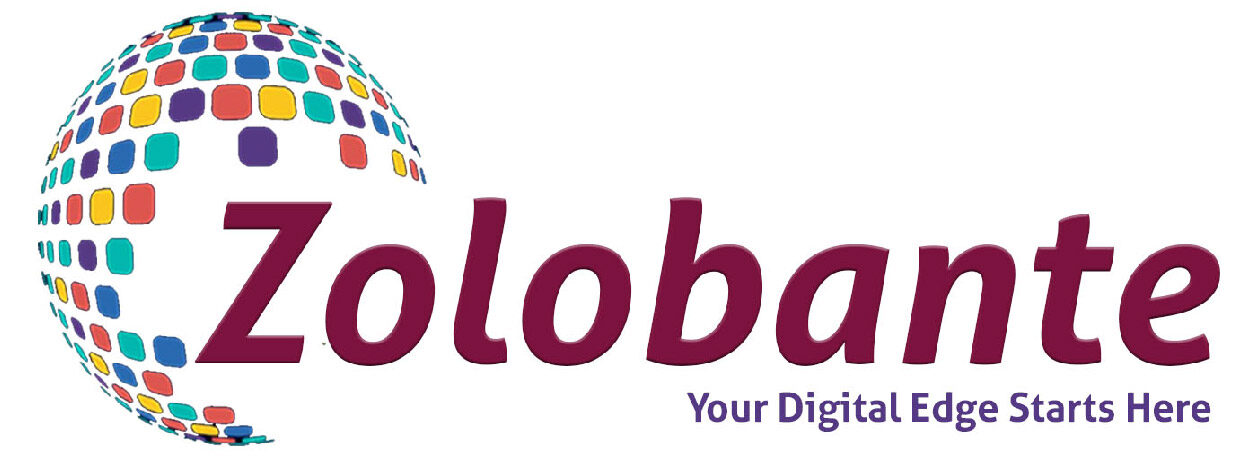In today’s world, the question “Should I go to school or learn a skill?” is becoming more relevant than ever. While traditional education is often seen as the standard path to success, learning a practical skill is increasingly being recognized as a valuable and sometimes faster route to financial independence and fulfillment. But which is better? The answer depends on your goals, interests, and the realities of the modern world.
Understanding the Two Paths
1. Going to School (Formal Education)
This typically means attending primary, secondary, and tertiary institutions—culminating in certificates, diplomas, or degrees.
It offers a broad foundation in academics, theory, and social development.
2. Learning a Skill (Vocational/Practical Training)
This focuses on hands on abilities like tailoring, welding, graphic design, hairdressing, programming, digital marketing, plumbing, or makeup artistry.
Skills can be learned through apprenticeships, online tutorials, training centers, or informal mentorship.
Benefits of Going to School
Academic Credentials: Degrees are often required for professions like law, medicine, engineering, and teaching.
Structured Learning: Schools provide a step by step learning process that builds critical thinking, communication, and collaboration skills.
Social Exposure: Schooling helps students interact with diverse people, forming social and professional networks.
Gateway to Opportunities: Many job positions, especially in formal sectors, still require academic qualifications.
Benefits of Learning a Skill
Immediate Income Potential: Skilled individuals can start earning quickly, even without a certificate.
Self-Employment: Many skilled workers become entrepreneurs, creating jobs for themselves and others.
Flexibility and Freedom: Skills like photography, digital design, or hairstyling offer flexible work hours and creative freedom.
Low Cost of Entry: You don’t need to spend years or large sums of money before starting to earn.
Real-World Relevance: Practical skills are in demand in both local and global markets.
Which Is Better?
There’s no one-size-fits-all answer—it depends on your situation.
Factor Schooling Learning a Skill
Time Investment Long-term Short to medium
Cost Often expensive More affordable
Career Path Professional jobs Hands-on jobs or business
Job Market Competitive High demand for certain skills
Flexibility Less flexible Highly flexible
Status Highly respected Growing respect, especially with success
Combining Both: The Smart Approach
The truth is, the most successful people often combine both education and skill. For example:
A graduate who learns video editing can start a side hustle or business.
A tailor who learns communication and business management can expand their brand.
An IT student who masters coding or design earns freelance income even before graduation.
Education gives you the mindset. Skills give you the tools.
Conclusion
Choosing between going to school and learning a skill should not be a battle, it should be a decision based on your passion, financial goals, and opportunities around you. In today’s fast changing world, what matters most is not just what you know, but what you can do with what you know.
Whether you choose the classroom, the workshop, or both, what’s most important is growth, productivity, and purpose.




